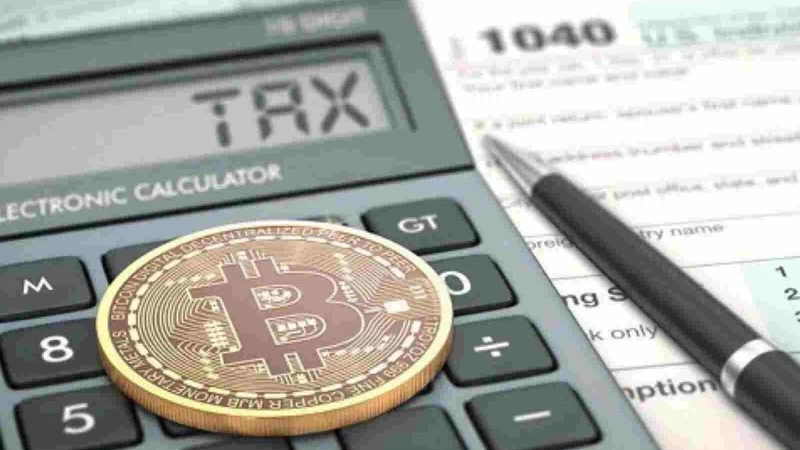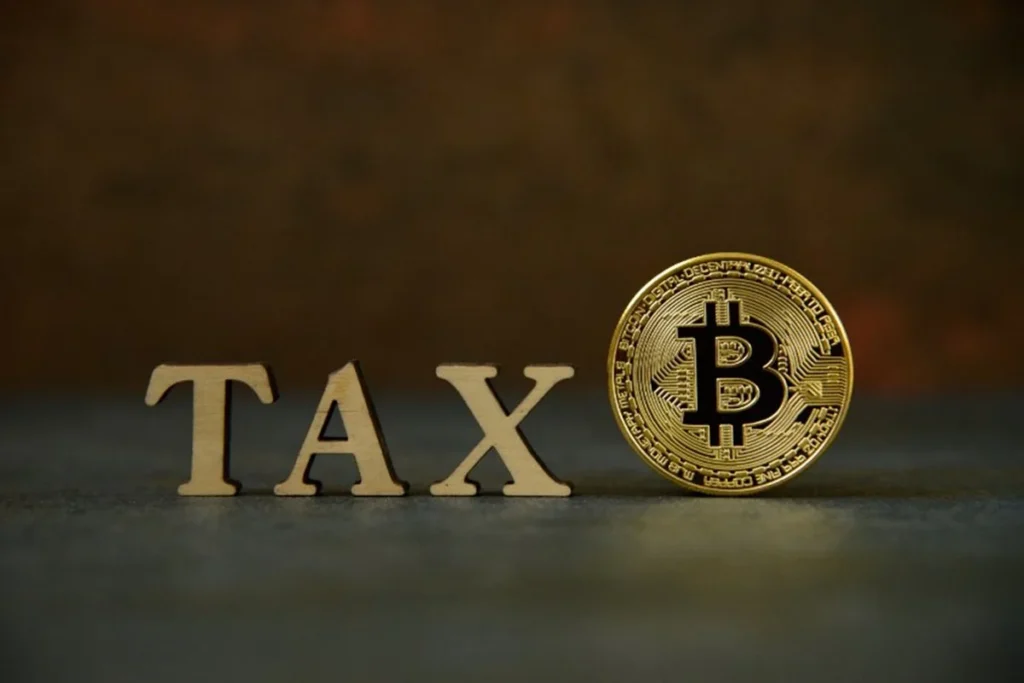A Beginner’s Guide to Crypto Tax in Malaysia: Is Spending Crypto Taxable?
If you’re new to the world of cryptocurrency, you might be wondering: “Do I need to pay tax when I spend or trade crypto in Malaysia?”
Great question — and the short answer is: maybe.
Crypto tax Malaysia laws do exist, but they can be a little confusing, especially if you’re not familiar with how digital assets work from a legal or tax point of view. But don’t worry — this guide breaks it all down in simple terms.
1. What Is Crypto Tax Malaysia?
Let’s start with the basics.
“Crypto tax Malaysia” refers to how the Malaysian government (specifically the LHDN — Inland Revenue Board) treats income and gains from cryptocurrency.
Malaysia doesn’t have a specific crypto tax law yet. Instead, the tax treatment depends on what you’re doing with your crypto.
- If you’re trading crypto regularly like a business, the profit is taxable.
- If you’re just holding crypto and not selling, it’s usually not taxed — because Malaysia doesn’t have capital gains tax.
- But if you’re spending crypto (like buying something or paying someone), things get a bit trickier.


2. Is Spending Crypto Taxable Under Crypto Tax Malaysia Rules?
You might think using crypto like cash is simple — but from a tax point of view, spending crypto is a type of “disposal”.
Let’s say you bought Ethereum (ETH) at RM1,000, and a few months later you used it to buy a laptop when it was worth RM3,000. That’s a gain of RM2,000.
If you’re doing this kind of thing often, the LHDN may consider that taxable income — especially if it looks like you’re running a business.
So yes, in many cases, spending crypto can be taxable in Malaysia.


3. Crypto Tax Malaysia: What If I’m Just a Casual Crypto User?
Here’s some relief: if you’re just buying crypto and holding it (what the internet calls “HODLing”), you’re probably okay for now.
Malaysia doesn’t currently tax capital gains, which means if your crypto goes up in value and you haven’t sold or used it, there’s usually nothing to report.
But — and this is important — that could change. As crypto becomes more common, tax laws may become stricter.
4. What Activities Might Count as a “Crypto Business”?
Not sure if you’re doing “too much” with crypto?
Here are some signs that LHDN might consider your crypto activity a business:
- Trading crypto frequently
- Mining or validating crypto
- Earning crypto through staking, lending, or NFTs
- Getting paid in crypto for freelance work or products
If any of these sound familiar, you may need to declare your crypto income and pay tax on it — just like you would for regular earnings.


5. When You Convert Crypto to Ringgit (Cash), That Could Be Taxed Too
Let’s say you’re holding Bitcoin, and you decide to convert it into Malaysian Ringgit (MYR) through an exchange.
That’s called cashing out, and if your Bitcoin was worth more than when you bought it, the gain might be taxable — again, especially if it’s part of regular activity.

6. How to Stay Compliant (Even If You’re Not a Tax Nerd)
You don’t need to be a financial expert to stay on top of things. Here are some easy habits to start now:
- Keep a simple record of every transaction — even small ones
- Write down the date, type of crypto, how much it was worth (in MYR), and what the transaction was for
- Track how much you originally paid for each crypto (your cost basis)
- If you earn crypto regularly, think about talking to a tax consultant
The truth is, most people aren’t reporting every crypto move yet, but tax authorities are starting to pay more attention. Better to be safe than sorry, right?
Final Thoughts: Crypto Tax in Malaysia Is Still Changing
So, is crypto spending taxable in Malaysia? Sometimes — yes.
If you’re using crypto to make purchases, earning it as income, or trading actively, it’s smart to assume that some form of tax may apply. While crypto tax Malaysia rules are still developing, the government is clearly taking steps toward stronger regulation.
It’s always best to stay informed, track your activity, and be prepared. Even if the rules feel vague now, that won’t last forever. And you don’t want to be caught off guard when they change.
Crypto might feel anonymous — but taxes? Not so much.
Relevant Link : Here




